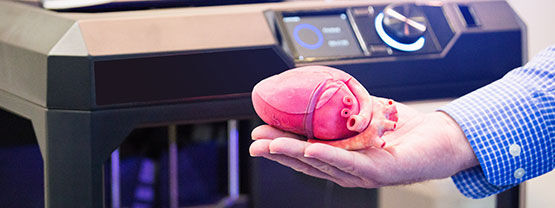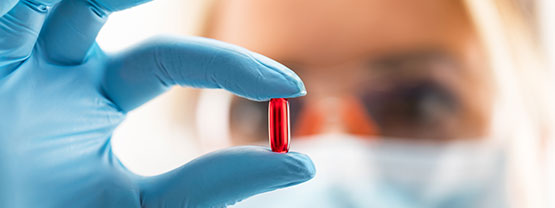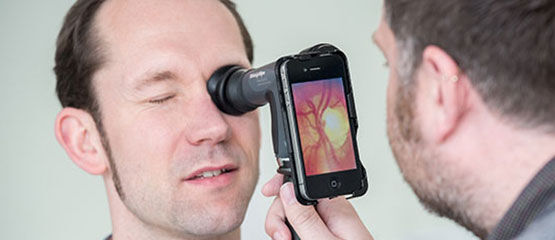Combining traditional engineering with health has hugely advanced in recent years; with the rise of technology, medicine and resources, Biomedical Engineers are now able to operate in an environment that inspires creativity more than ever, to allow them to create solutions for a vast range of health issues.
Through the design of healthcare tools, devices, and software, people with niche healthcare problems are now accessing solutions that have never been possible before to make billions of lives better, safer and more productive.
Here's four ways that Biomedical Engineering has transformed and enhanced the healthcare services that we can access and benefit from...
Inventions
The development of prosthetics limbs, artificial hearts, livers, bionic contacts lenses and the camera pill - that contains a colour camera, battery, light and transmitter to be able to capture internal processes - are just a few of the many incredible healthcare inventions that Biomedical Engineers have developed in recent years.

Medicine
The research into bodily functions can also lead to developing new medicines and drugs to aid our health and treat diseases including cancer. New medicine also to solve long-term health problems, such as laser surgery, can also be accredited to the work of Bioengineers.
Tools and Devices
Bioengineers work together with other healthcare professionals, such as doctors, nurses, surgeons and technicians, to tackle health issues that they all come across. This has led to the creation of vital tools and devices such as MRI machines, dialysis machines, diagnostic equipment and ultrasound.

Biological processes
Biomedical engineers study the movement and signals of the body, to understand why it functions the way that it does and how biological systems work. From this, new technology such as wearable sensors and pacemakers have been produced to give patients comfort whilst monitoring health conditions remotely and in real-time.

